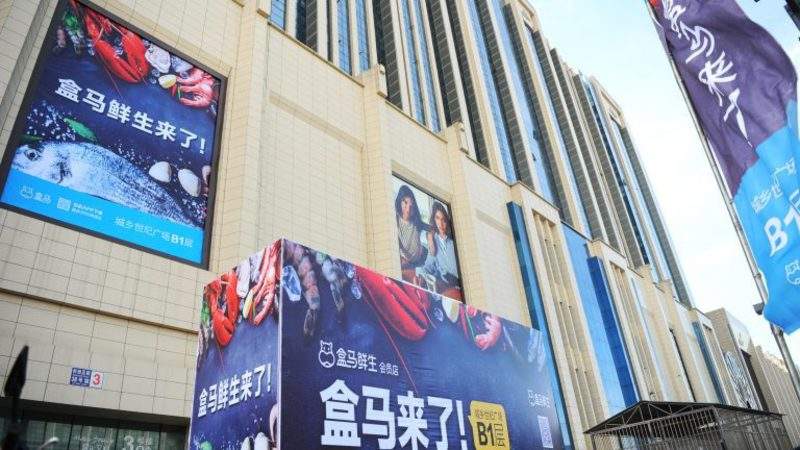
Chinese e-commerce retailer Alibaba has announced that its supermarket chain Hema is all set to open 30 new locations in Beijing by the end of this year.
The expansion is expected to double Hema’s presence in the country, which currently operates 25 stores in seven Chinese cities, including Shanghai, Beijing, Ningpo and Hangzhou.
Hema chief executive officer Yi Hou said: “Opening 30 stores is a commitment we’re making to consumers in Beijing.
“As our model becomes more established, it can be shared with other traditional retailers to help them transform in the digital age.”
Alibaba launched Hema supermarket stores in 2015 with an objective to integrate its online operations with offline stores and offer an efficient and flexible shopping experience to its consumers.
The supermarket chain intends to provide personalised recommendations to its consumers based on their transaction history.
How well do you really know your competitors?
Access the most comprehensive Company Profiles on the market, powered by GlobalData. Save hours of research. Gain competitive edge.

Thank you!
Your download email will arrive shortly
Not ready to buy yet? Download a free sample
We are confident about the unique quality of our Company Profiles. However, we want you to make the most beneficial decision for your business, so we offer a free sample that you can download by submitting the below form
By GlobalDataHema is also planning to open its first stores in Fuzhou, Chengdu and Guangzhou, and continue its partnership with retailers, including Sanjiang Shopping Club, Bailian and the Intime department store chain, to further expand its new model and eventually use the new retail technology to upgrade China’s entire retail sector.







